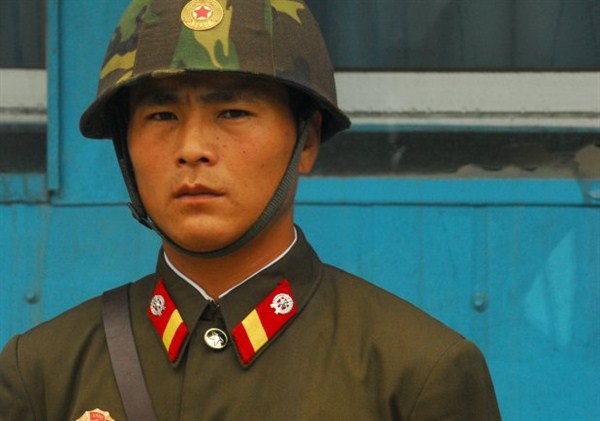Why does the North Korean regime still exist, and how much longer will it last? These questions have been asked continuously for nearly a quarter-century, since the fall of the Berlin Wall in 1989 and the collapse of communist regimes in Eastern Europe, the People’s Republic of Mongolia and the Soviet Union itself over the following two years. In July 1994, North Korea’s founding leader, Kim Il Sung, died, and soon thereafter North Korea entered a period of famine that lasted three years and killed hundreds of thousands, if not millions, of North Korean citizens. Yet the regime carried on, through a period of limited economic reform in the early 2000s, a reversal of these reforms in the latter part of the decade and the death of Kim Il Sung’s son and successor, Kim Jong Il, in 2011.
A related question is: How has North Korea managed to exist as the only communist regime to practice hereditary leadership succession—not once, but twice? Since the end of 2011, North Korea has been under the ostensible leadership of third-generation Kim scion Kim Jong Un. The dramatic denunciation and execution in December 2013 of Jang Song Taek, Kim Jong Un’s uncle by marriage—who had been seen by many as the No. 2 person in the leadership hierarchy—showed the world that the succession from Kim Jong Il to Kim Jong Un was not as smooth and orderly as it had appeared. But the fact remains that the North Korean regime has remained in power for more than 60 years under the unbroken leadership of three generations of the Kim family. To evaluate the future of North Korea—be it gradual evolution, sudden transformation or collapse—it is critical to understand how the hereditary leadership system has developed historically, its current state and its future prospects.
From Kim Il Sung to Kim Jong Il

